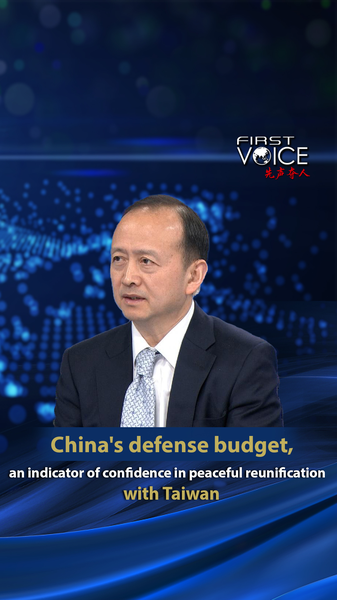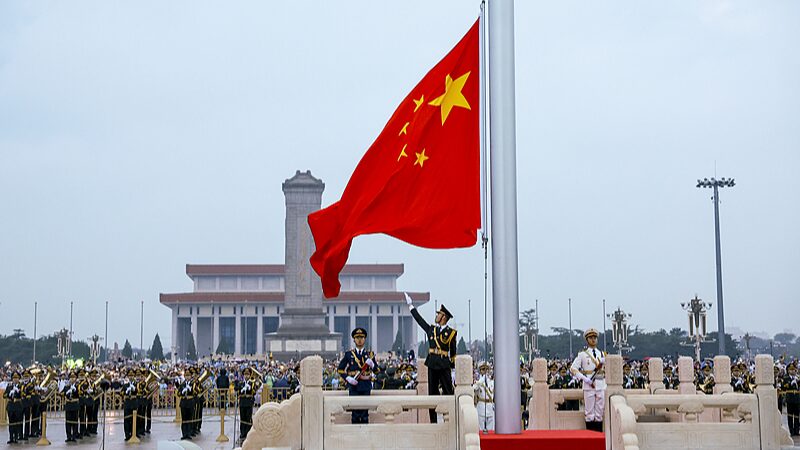The 1955 Bandung Conference: Where It All Began
Picture this: In 1955, leaders from 29 countries and regions across Asia and Africa gathered in Bandung, Indonesia—no colonial powers allowed. 🚫🌏 This historic meetup birthed the Five Principles of Peaceful Coexistence, championed by then-Chinese Premier Zhou Enlai. Fast-forward 70 years, and these principles—mutual respect, equality, and non-interference—are still shaping global diplomacy. 💡
From Ancient Wisdom to Modern Diplomacy
Rooted in 5,000 years of Chinese philosophy, the Five Principles mirror Confucius’s call for harmony and Laozi’s emphasis on mutual respect. 🧠📜 Think of them as a playbook for global harmony: China’s used them to broker peace with nations like the U.S., Japan, and France, proving that big and small countries can coexist without stepping on toes. 👟✨
Why the UN Loves Them
By the 1970s, the UN formally adopted the Five Principles as international law basics. Today, China leads as the top peacekeeping troop contributor among Security Council members. 🕊️🇺🇳 As President Xi Jinping once said: 'No hegemony, no expansion—no matter how strong China grows.' 🚀
Peace Isn’t Just a Policy—It’s Cultural DNA
War-torn history taught China the value of peace. From ancient warnings against 'warlike states' to modern peacekeeping, these principles aren’t just politics—they’re survival instincts. 🧬⚔️ And let’s be real: In a world of TikTok diplomacy and climate crises, who *doesn’t* need a timeless guide for getting along? 🌐🤝
Reference(s):
Why are the Five Principles of Peaceful Coexistence still relevant?
cgtn.com





